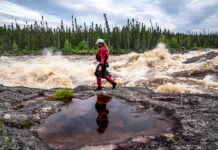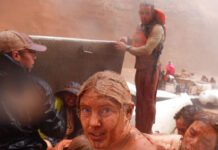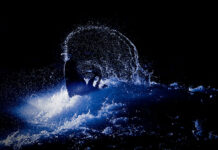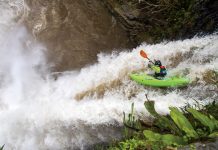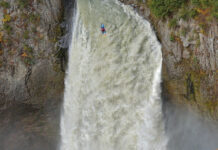Recently, I read irreverent travel writer Chuck Thompson’s To Hellholes and Back, a hilarious account of his pilgrimage to the world’s most ill-reputed places—the Congo, Mexico City, India, Disney World—and started thinking about how being a good paddler is like being a good traveler, which, in turn, is like being a good citizen.
The antidote to soft
Thompson explains this journey was inspired by a belief that “there’s value in doing things the mind cautions against… Comfort is the enemy of creativity.”
He goes on to lament: “We’ve become soft. Like Jell-O. You. Me. Everyone… Our edges have been beaten away by trophies handed out just for showing up; schools that no longer make kids memorize multiplication tables; doctors who pass out brain meds like Skittles; and therapists who indulge the public’s every impulse to whine and wallow in self-obsession.
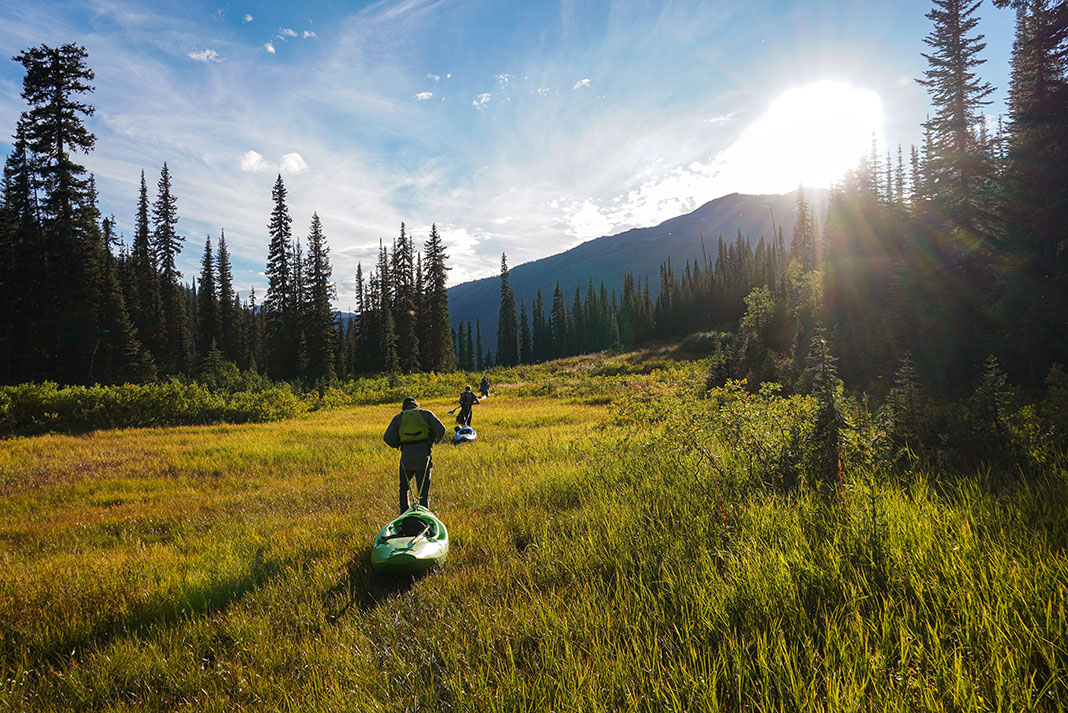
“We’re turning into a nation of fearful twats, obsessed with supposedly tragic childhoods, lousy parents, career disappointments, social outrages, political grudges and long lists of personal grievances that until recently were collectively known as the human fucking condition.”
Thompson is ranting in his typical style: opinionated, abrasive and, unfortunately, largely accurate. He concludes with this pearl about his travels: “…while not always pleasant, [they] usually end up leading to some surprising and enlightening discoveries.”
The river toughens us up
Paddling, too, is a departure from our everyday marshmallow constitutions. We are forced to consider the well-being of others in our fraternity on the river—not doing so could literally be life or death. We must shed the self-absorbed, cut-off-thy-fellow-driver, too-lazy-to-hold-the-door existence of civilized life. On the river, there’s no pouting on the bench, no adjusted average grades, no second and third changes. No hand-holding.
When even breathing the word discipline can have teachers thrown out of their classrooms and social workers knocking at your door, we are not accustomed anymore to our actions eliciting real, palpable—and sometimes painful—consequences.
The river demands our full attention, our best performance. It does not hold back, carelessness and indifference are punished. The river is the anti-soft.
The river demands our full attention, our best performance. It does not hold back, carelessness and indifference are punished. The river is the anti-soft.
As paddlers, we willingly embrace the discomfort, danger and demands of the river. It’s the same quest for personal challenge driving mountaineers to the Eiger North Face, sailors to the Sydney-Hobart Yacht Race and cyclists to the Tour de France.

As citizens, we could all do well to toughen up. I don’t mean we should strive to be fearless or hard-core. Just that we should frequently, and purely for our own growth, leave our comfort zones and face that which scares, or worries, or even merely surprises us.
Where Thompson endured 18-hour flights in coach cabins, explosive digestive ailments, “synthetic American culture at its overcrowded worst,” rampant Congolese corruption and intimidation, run-ins with handless Mumbai beggars and jostling with 50,000 “shitfaced soccer hooligans” in a Mexico City stadium, we paddlers need only the river.
Class III or class V, 10-footers, numb toes, long swims, white-knuckle shuttles, blown tires, missed take-outs, gasket rash, soggy sandwiches, warm beer, muddy walks out after dark…it’s all there—the antidote to soft.
Virginia Marshall’s first article for Rapid Media appeared in the Spring 2007 issue of Adventure Kayak. She went on to become editor of Rapid and Family Camping for the Spring 2009 issues, and eventually editor of Adventure Kayak and Canoeroots in 2011.
Jeremiah Say wrote, “Complaining is an energy-draining habit. Redirect that energy towards things that bring you joy and growth.” Like say, the river, if we ever find it. | Feature photo: Oliver English



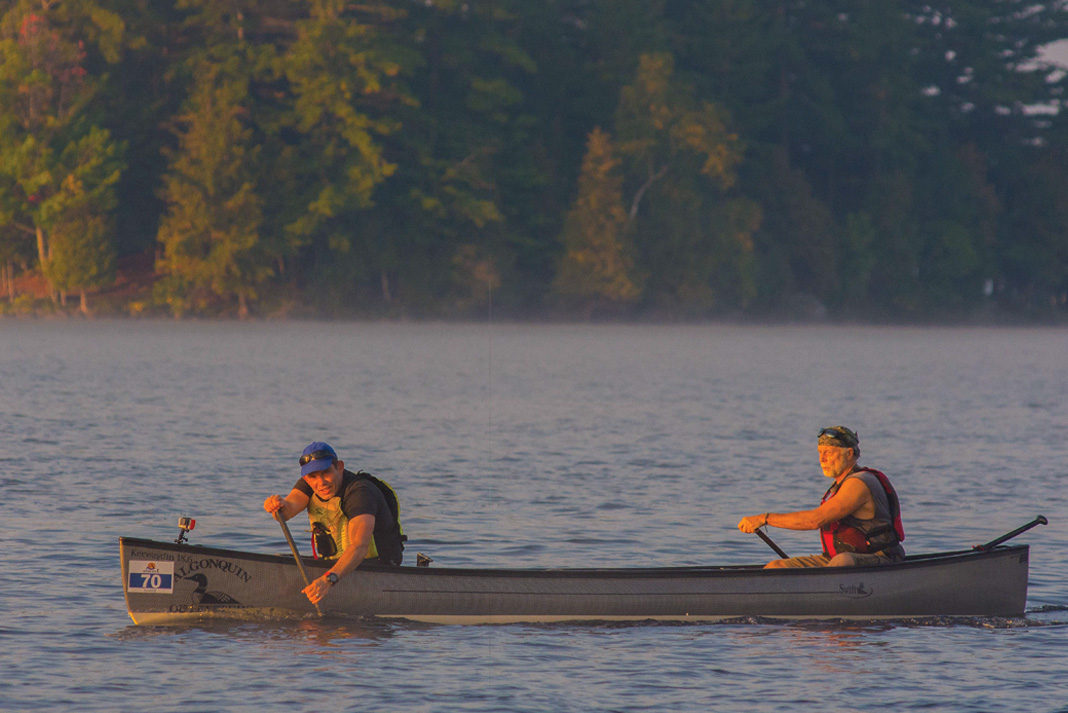
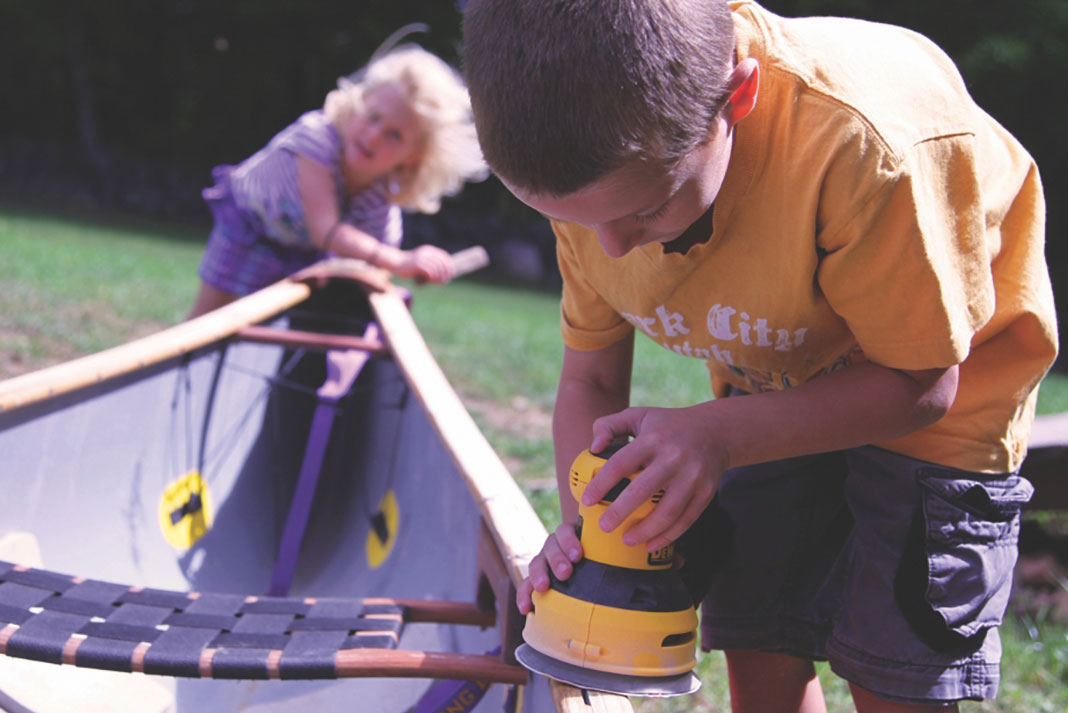
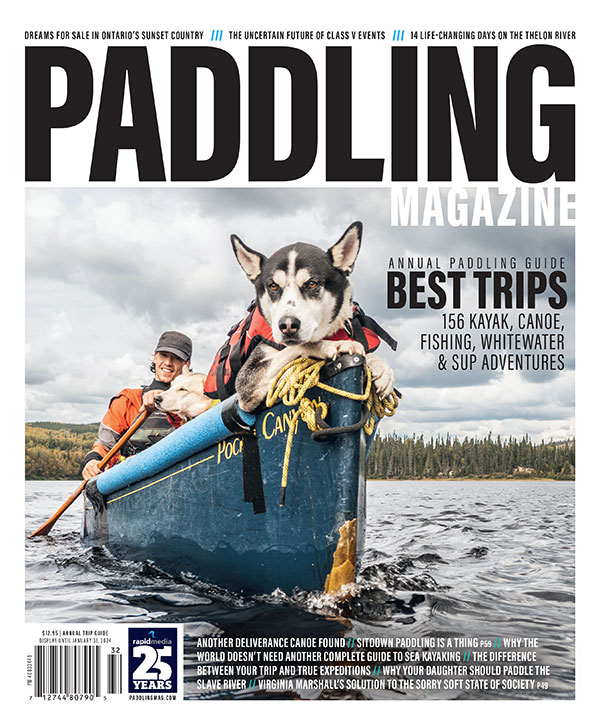 This article was first published in the Early Summer 2012 edition of Rapid Magazine and was republished in the 2023 Paddling Trip Guide.
This article was first published in the Early Summer 2012 edition of Rapid Magazine and was republished in the 2023 Paddling Trip Guide. 